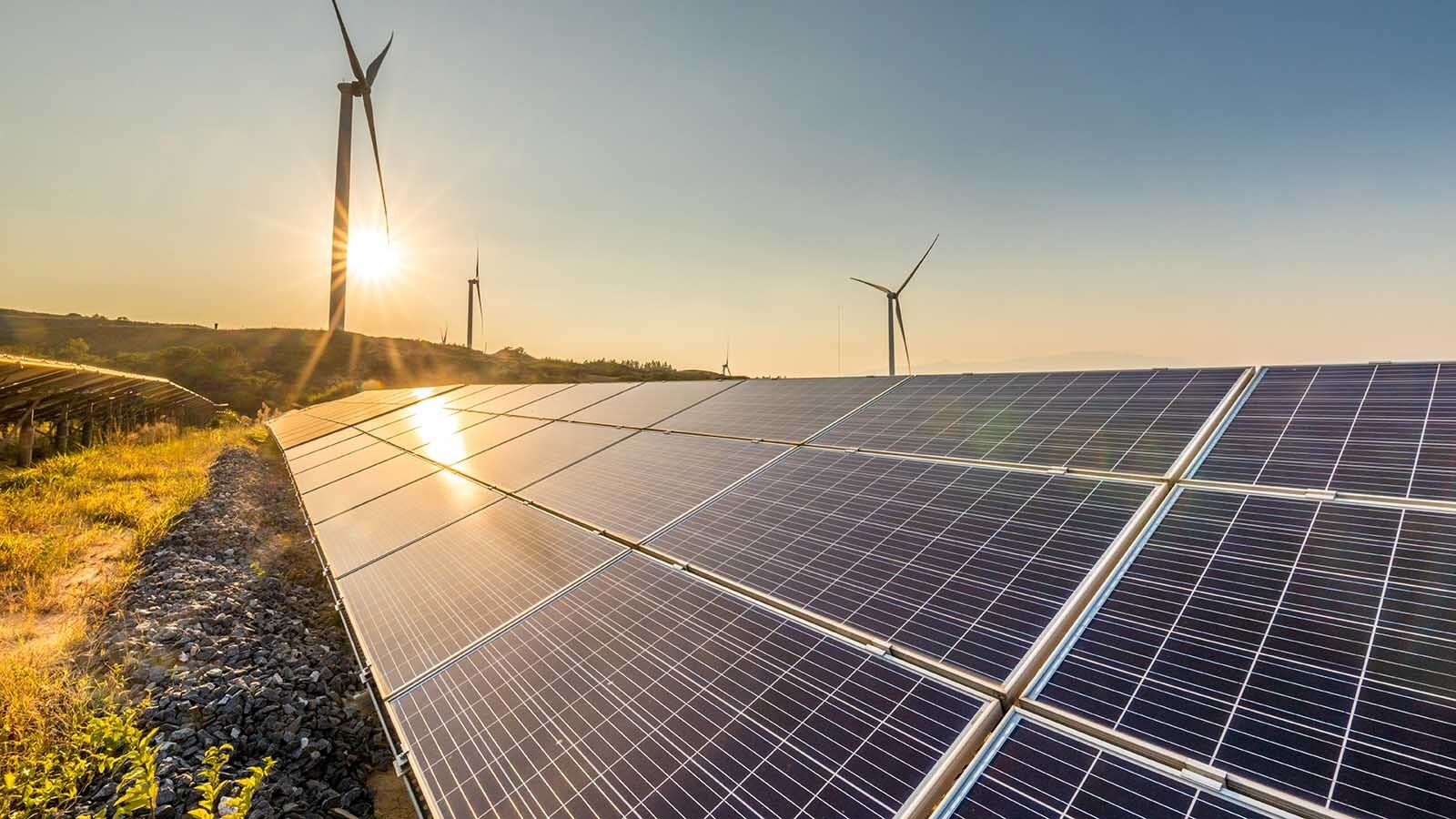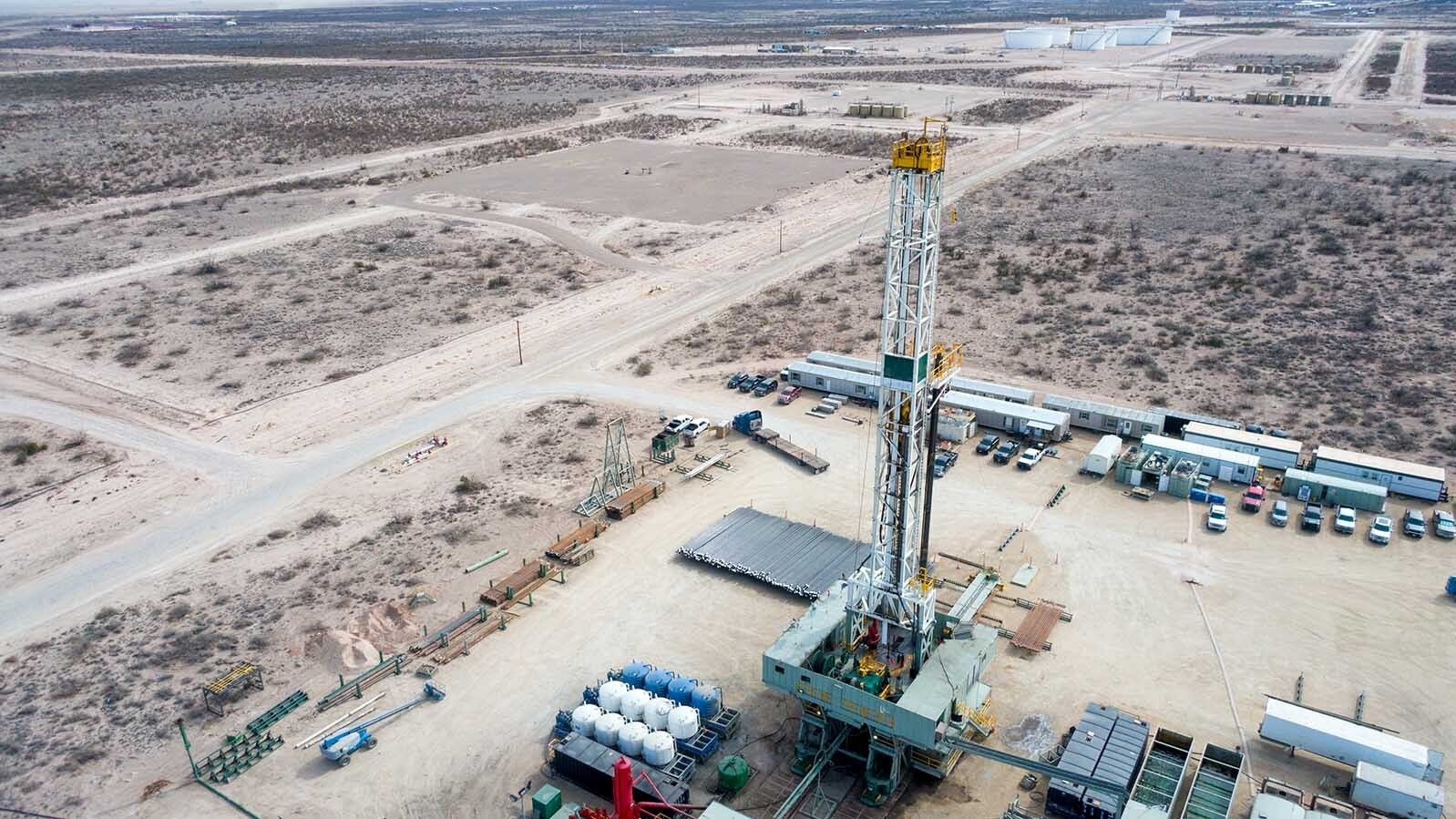By Kevin Killough, energy reporter
Kevin@CowoboyStateDaily.com
President Joe Biden on Monday threatened to push for a tax on oil companies “excessive profits.”
Biden said he’s a capitalist and not against corporations making a “fair profit,” but that oil companies are enjoying windfall profits as a result of the war in Ukraine. The president called it “war profiteering.”
Exxon Mobil reported $19.7 billion in profits in the third quarter of fiscal year 2022, the highest quarterly profit in the company’s history, and Chevron reported $11.2 billion.
“The oil industry has a choice. Either invest in America by lowering prices for consumers at the pump and increasing production and refining capacity. Or pay a higher tax on your excessive profits and face other restrictions,” the White House warned, through President Joe Biden’s official Twitter account.
Barrasso Responds
Wyoming Republican Sen. John Barrasso criticized Biden’s tax proposal.
“President Biden loves to raise taxes,” said U.S. Sen. John Barrasso in a statement. “He and Senate Democrats have worked purposely for months to increase energy costs. That includes a tax increase on oil and natural gas just a few months ago. That didn’t help bring consumer energy prices down and this tax increase won’t either.”
Good Times, Bad Times
During Exxon’s quarterly earnings call Friday, CEO Darren Woods attributed the company’s profits to higher natural gas prices, strong refinery production, cost controls and robust refining margins.
Woods warned that tax proposals in Europe, which are similar to what Biden proposed Monday, would harm refinery margins there.
Chevron CEO Mike Wirth told Bloomberg TV last week that oil prices sometimes tank, which disputes the argument that oil companies can just raise prices to make more money.
“We’re in a commodity business that goes through cycles,” Wirth said. “There are hard times as we saw just two years ago where we had enormous losses.”
Oil prices have regularly collapsed over the decades. In 2008, the West Texas Intermediate price per barrel of oil was nearly $190, and by January 2009 it was under $60 per barrel. In April 2020, at the height of the pandemic when demand for petroleum crumbled, WTI fell to less than $30 per barrel.
Ryan McConnaughey, spokesperson for the Petroleum Association of Wyoming, said global economic factors beyond the companies’ control are what’s causing high energy costs.
“If these companies were actually setting the price of oil, why would they ever let it go negative? The insinuation from Biden that oil companies are gouging the consumer are just blatantly false and an effort to direct blame elsewhere – anywhere else but himself,” McConnaughey said.
Discouraging Investment
During his campaign in 2020, Biden repeatedly said he would eliminate the fossil fuel industry entirely. Since becoming president, he’s taken actions that appear to show a commitment to that campaign promise. The Biden administration has leased fewer federal acres for oil and gas development than any president since World War II.
Oil refineries are operating at maximum capacity and no major refinery has been built since the 1970s. Bloomberg reported in May that investors had been planning to upgrade a refinery in the U.S. Virgin Islands to make it less polluting, but the EPA under Biden shut it down.
Oil and gas investment between 2011 and 2021 fell 50%. Some of that was driven by a movement that scores companies according to their commitment to the environment and discourages investors from investing in companies rated low, which includes companies associated with fossil fuel production.
Likewise, with the regulatory barriers to production and refining, investments in oil production and refineries are risky and take sometimes more than a decade to get a return.
McConnaughey said that if the president was serious about lower energy prices, he’d do more to increase production by reducing barriers to production on federal lands, increase refining capacity, and setting policies to encourage investment in oil and gas.
Barrasso has proposed similar measures to lower energy costs.
“President Biden should follow the law and hold required American oil and gas lease sales,” he said. “He should issue a robust five-year plan. That’s the right way to unleash American energy production and lower prices for American families.”





